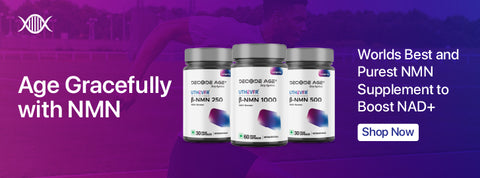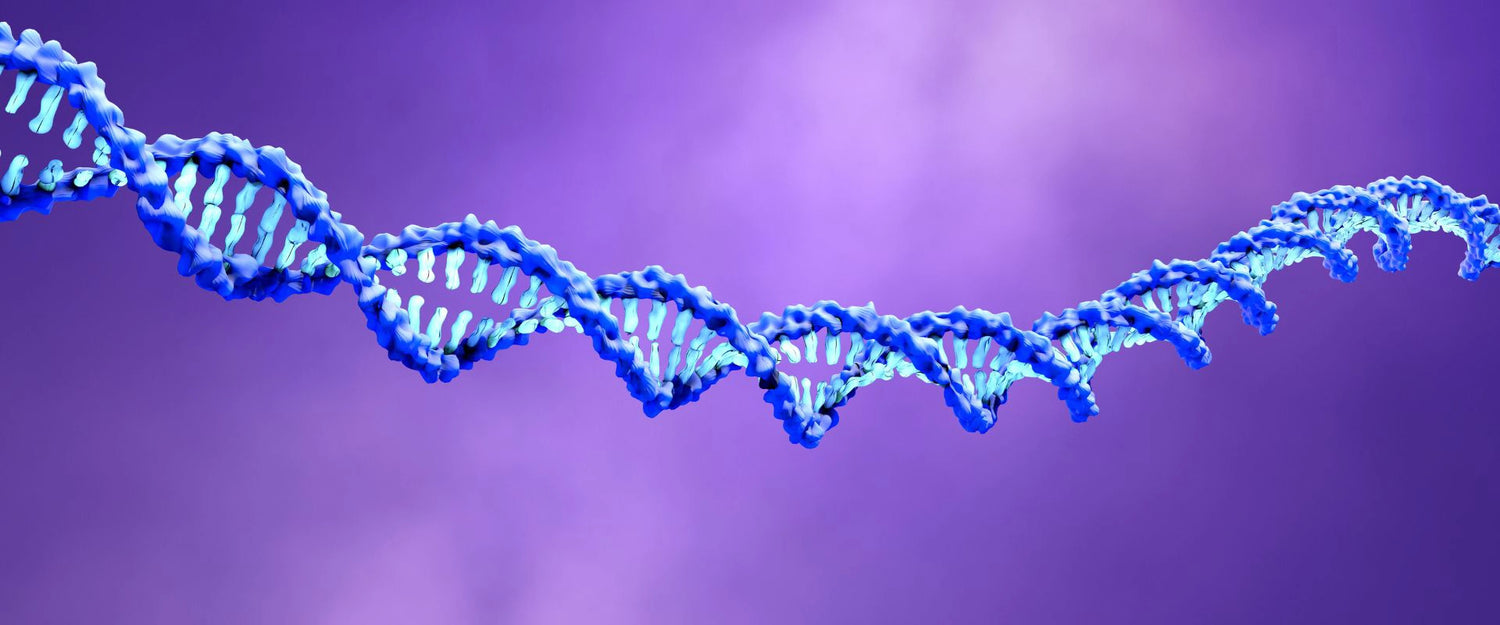What is Myotonic Dystrophy?
Myotonic dystrophy (DM) is a type of muscular dystrophy that impacts our muscles as well as several other organs. It is a condition in which the muscle tissue weakens and shrinks over time.
Although myotonic dystrophy can happen at any age, the symptoms of this disease frequently appear during the twenties or thirties. Even among family members, the severity of the disorder varies greatly among those who are affected.
What are the symptoms?
A common symptom of this illness is myotonia, which is the inability to relax a particular muscle after use. For instance, a person can find it challenging to let go of a handle or doorknob. Additionally, those who are impacted could experience slurred speech or momentary jaw locking. Muscle loss and weakening progress over time in myotonic dystrophy.
Cataracts and irregular electrical signals regulating the heartbeat (heart defects) are two more myotonic dystrophy signs and symptoms. Diabetes mellitus, in which blood sugar levels can rise to dangerously high levels, also develops in some afflicted people.
Many patients of myotonic dystrophy experiment with a range of lifestyle or dietary modifications, supplements, naturopathic medicine, or other sorts of therapy to lessen and manage disease symptoms because there is currently no cure or specific treatment for myotonic dystrophy.
However, recent laboratory investigations have shed light on one such supplement, nicotinamide adenine dinucleotide (NAD+), or one of its precursors, nicotinamide riboside (NR) or nicotinamide mononucleotide (NMN), which may have a number of beneficial benefits across many types of muscular dystrophies.
NMN And Myotonic Dystrophy

NMN may have been advertised as an anti-ageing agent in the media, and a substantial body of research backs up this claim. But what exactly is it? Nicotinamide adenine dinucleotide (NAD+) is a coenzyme that plays a vital role in numerous enzymatic reactions necessary for healthy living. Specifically, NAD+ facilitates electron transfer between molecules during the metabolism process, making it a crucial component of various cellular functions.
One such function is DNA repair, which heavily relies on NAD+ for sirtuins to perform their duties. Without adequate levels of NAD+, individuals may experience health issues as they age due to the decline in NAD+ levels.
While methods such as calorie restriction, exercise, and fasting can help maintain or increase NAD+ levels, they are slow and gradual. This is where NMN supplements come in. NMN is a precursor of NAD+ that can quickly convert to NAD+, making it an effective method to increase NAD+ levels. By maintaining higher levels of NAD+, individuals can potentially slow down and even reverse the ageing process. This highlights the importance of NAD+ and the potential benefits of NMN supplementation.
Numerous studies have demonstrated that NMN positively impacts a wide range of physiological functions, including energy production, inflammation, oxidative stress, insulin resistance and weight gain, memory, and cognition in Alzheimer’s disease, heart function, and more.
In the case of muscular dystrophies, one study revealed that the expression of genes involved in the production of mitochondria and NAD+ synthesis decreased as the expression of genes involved in the origination and development of a disease increased. This is an intriguing finding that merits additional investigation.
In another study, the researchers discovered that adding NAD+ supplements such as NMN to the diet enhanced mitochondrial energy dynamics, increased stamina, shielded mice from muscle injury and reversed it, and reduced muscle inflammation. All of these outcomes of animal studies indicate that NMN and related NAD+ supplements have a beneficial influence on myotonic dystrophy.
Conclusion
Studies show that NMN has been able to suppress age-associated weight gain, enhance energy metabolism and physical activity, improve insulin sensitivity, improve eye function, and prevent age-linked changes in gene expression.
Moreover, it is proved that boosting NAD+ levels with various NAD+ precursors such as NMN could potentially improve mitochondrial function and therefore improve muscle health. This prevents or delays the onset of mitochondrial dysfunction in myotonic dystrophy.
The early evidence suggests some therapeutic potential of NAD+ boosters such as NMN against myotonic dystrophy symptoms; however, further research is required to fully understand the effects.
Therefore, NMN supplementation would lessen symptoms of myotonic dystrophy, including exhaustion and muscle degeneration.



















Leave a comment
All comments are moderated before being published.
This site is protected by hCaptcha and the hCaptcha Privacy Policy and Terms of Service apply.